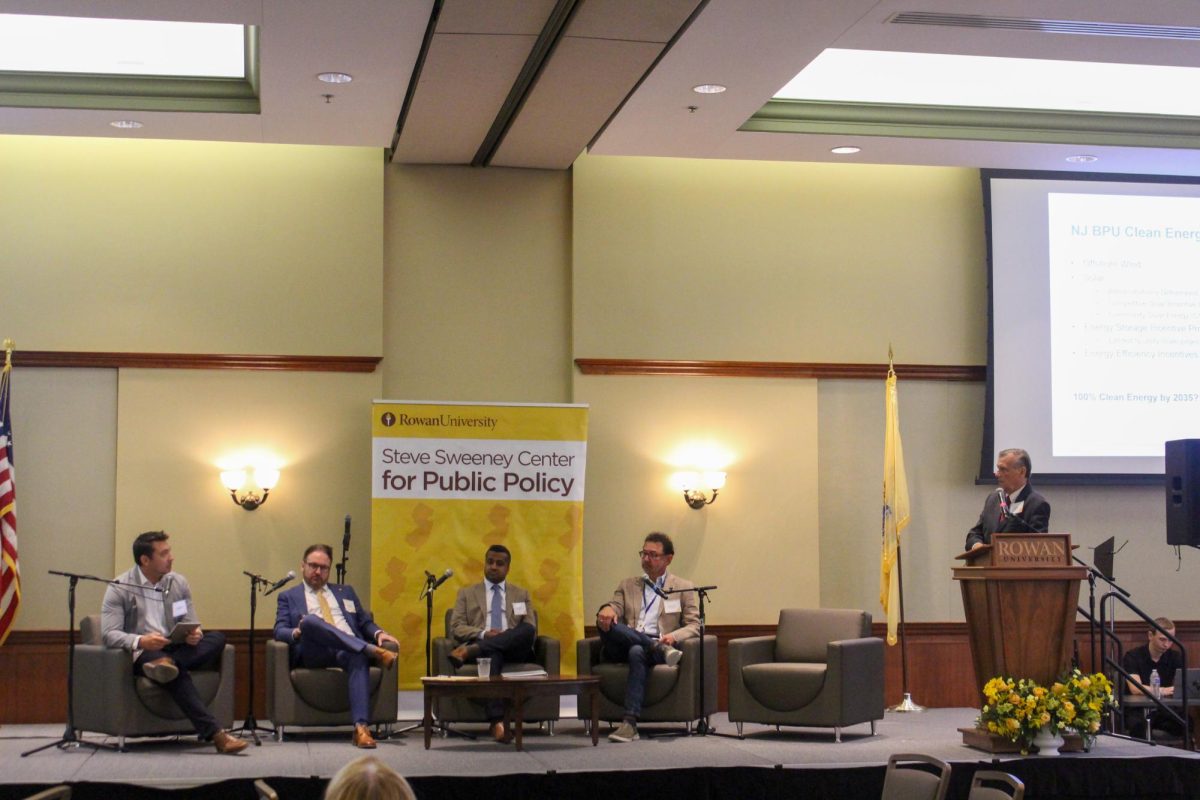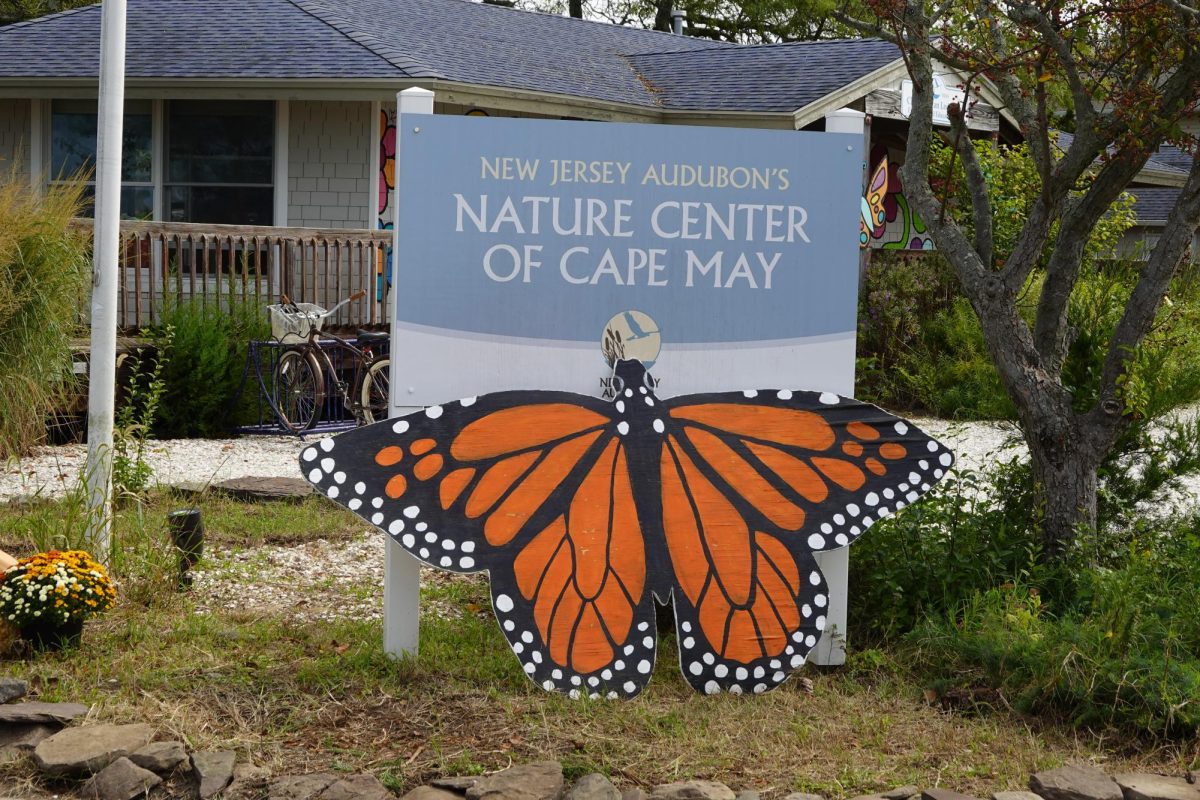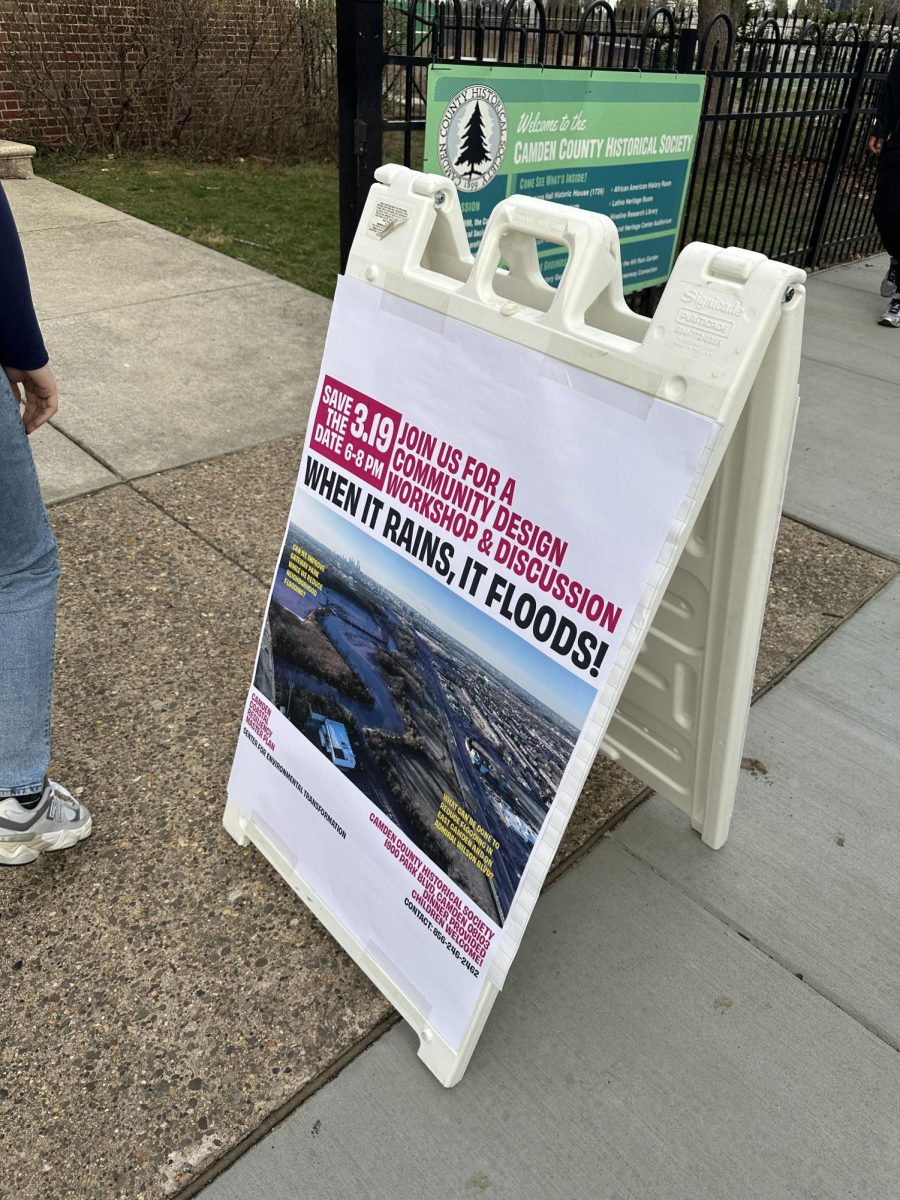There is no question that climate change is reaching a boiling point. Emissions are up, the world is rapidly warming, and sea water levels are rising. These phenomena are especially evident in South Jersey, which is getting hit just as hard, if not harder, than many other places ravaged by a changing climate. Since 1911, sea level rise is three-times higher than the global mean and today many southern counties are facing drought. Coastal communities are being displaced and abnormal weather is becoming the norm. These problems will likely continue and potentially worsen if measures are not taken to improve emissions and other planet hurting practices.
The burden and anxieties of the changing climate will affect mainly on younger generations, which will be forced to bear the brunt of the coming weather changes over the next 30, 40, and 50 or more years.
One of the actionable ways that young people can mitigate climate change is by voting for candidates who seek to introduce pro-climate policy. As it stands now, Republican presidential candidate and former President Donald Trump has called climate change a “hoax,” and has said in interviews he “believes human activity is just one cause of climate change, not necessarily the dominant factor.” He also plans to roll back the Inflation Reduction act, which includes efforts to create more green energy sources, and has referred to the Democratic Party’s Green New Deal as the “Green New Scam.” Vice President Kamala Harris has discussed the existential threat of climate change to the planet and favored a shift to greener energy sources. In 2022, Harris cast the tie-breaking vote to pass the Inflation Reduction Act, and she has been a proponent of electric vehicles and as a senator supported a national zero-emissions vehicle standard. However, she also has “tread lightly” on issues such as fracking as a presidential candidate to avoid alienating voters, according to CBS News.
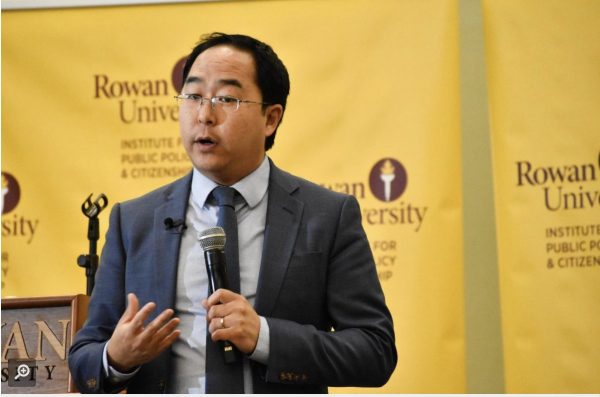
Here in New Jersey, U.S. Rep. Andy Kim and hotel entrepreneur Curtis Bashaw are the state’s leading candidates in the race for U.S Senate. Kim, a Democrat, said in an interview with NJ Spotlight that climate change is a “national security crisis” and an issue the federal government needs to address with “big, bold, climate solutions.” Bashaw, a Republican, opposes energy mandates and is against the Green New Deal. New Jersey’s incumbent Senator, Cory Booker, also calls climate change an existential threat and was an original cosponsor of the Green New Deal.
Logically, one would think that climate policy is a top priority for young voters and it would be a large, determining influence on their vote. The question is: Is that true? Recent polling and expert opinion challenge this idea. A Monmouth University poll from April 2024 determined that climate change is a “very serious problem” in the view of registered voters 18 to 34 years old, more so than registered voters from other age groups. Younger voters also supported government action to address climate change at a level higher than other age groups.
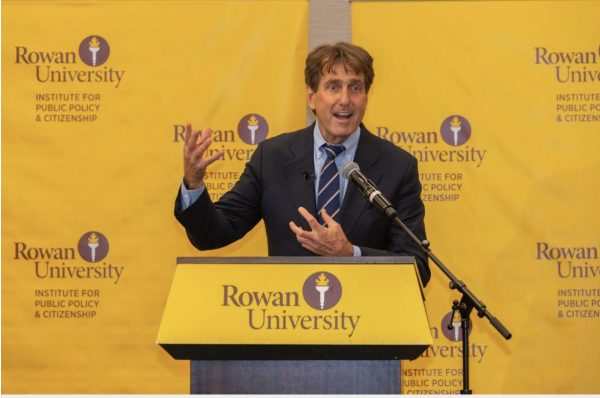
Yet, the percentage of younger voters with these views has declined in the last three years, according to the poll. In 2021, 67% of registered voters aged 18 to 34 said climate change was a “very serious problem,” while in 2024, the percentage went down to 50%. In 2021, 80% of registered voters in the 18- to 34-year-old age group said they supported government action to address climate change, which went down to 62% by 2024. For registered voters of all age groups, 32% said climate change is “not at all important,” further emphasizing issues such as the economy, and abortion.
The Spring 2024 Harvard Youth Poll supports the findings of Monmouth University’s polling, particularly for young men. Young men aged 18 to 29 were asked if they agree or disagree with the idea that “government should do more to curb climate change, even at the expense of economic growth.” Similarly to Monmouth’s poll results, interest in government intervention to combat climate change has waned. In 2020, 60% of men agreed with the statement, compared to 47% in 2024. For women in the same age group, 55% agreed with the statement in 2020 compared to 53% in 2024.
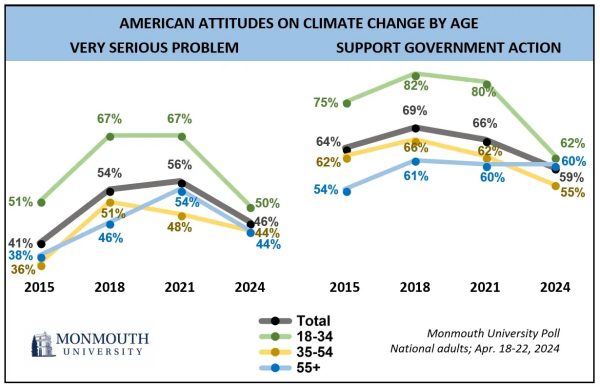
Dr. Benjamin Dworkin, the Director of Rowan University’s Institute for Public Policy and Citizenship (RIPPAC), said a candidate’s climate policy may not be a determining factor for voters.
“The relative importance of any given policy issue will fluctuate from year to year,” he said. “In 2024, young people are more focused on the issues that the overall electorate is concerned about.” These issues include the border crisis, abortion, and the economy, Dworkin said. He describes climate policy as “not as resonating of an issue that will shape that vote.”
Although the data and experts may not support the idea that climate change policy is a prominent, vote-shaping issue, there are still young people who show interest in protecting the climate. Interviews of college students in New Jersey reveal a concern about climate change as a major issue in the election.
Rowan University offers a climate change-centered class titled “Planet in Peril: Environmental Science in the 21st century.” The course, taught by Professor Richard Federman, program director of Environmental and Sustainability Studies and Rowan Geography Club advisor, tackles issues related to climate change, both on a local and an international level. Federman takes a multidisciplinary approach to environmental issues, attracting a diverse group of students studying at Rowan’s School of Earth and Environment. When asked whether climate policy affects their vote, students in the class and some outside of the class said:
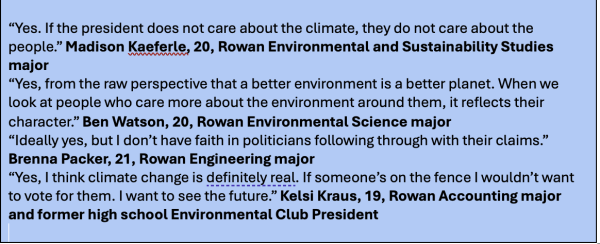
In general, it is hard to discern whether climate change is a pressing issue to young voters, one that may ultimately decide their vote. The apparent conflict of data versus opinion leads to an interesting impasse: The issues that bring up the most emotion and passion may not translate to the polling booth. After all, there are certainly other issues to consider, such as the economy, reproductive rights, and international affairs amongst many others. While some in the young voter base may see climate change as high priority, some may be inclined to focus on the more immediate, more tangible issues prevalent in politics. The clash between immediate concerns and long-term climate consequences leaves the idea of who’s voting for who, and why, in a constant flux.






